Uganda
The Ugandan government has approved the teaching of sex education which will begin from preschool to the tertiary education level.
Preschoolers between the ages of three and five will be taught about “body parts, private parts and unacceptable forms of touching the body”, Education Ministry undersecretary Aggrey Kibenge told local news portal The Monitor.
He justified the teaching of three-year olds sex education saying it will develop the child’s awareness, refusal and communicative skills to be responsible citizens, The Monitor reported.
Kibenge explained that every student in the school system will be taught sex education as they have been grouped in five and each will have its curriculum developed by the National Curriculum Development Centre.
The other groups are the lower primary students (six to nine years old) who will be taught privacy, puberty and pregnancy; upper primary (10 to 12 years old) who will be taught personal hygiene during puberty, virginity and abstinence; secondary school students (13 to 16 years) and tertiary institution students (17 years and above).
The groupings was highlighted in a report that says: “young people at 3-5 years also engage in exploratory sexual play that may include gender roles and behaviours.”
In Nigeria, there is an ongoing debate on the country’s comprehensive sex education (CSE) curriculum in schools.
Despite the praise by UNESCO for scaling up and sustaining the comprehensive sex education (CSE) programme in basic schools among a few developing countries in the world, many Nigerians have protested against the curriculum.
A Junior Secondary School (JSS 1) Social Studies textbook written by S. O. Omotuyole has been condemned for its content on Page 50 that spells out “ways to give and receive sexual pleasure and develop closeness without sexual intercourse”.
Among the answers for the topic on abstinence in the book are: kissing, hugging and the undesirable “mutual masturbation”.
The NGO Association of Concerned Mothers (ASCOM) has petitioned the Ministry of Education to withdraw the textbook for its “unwholesome and dangerous ideology.”
Also, the National Association of Proprietors of Private Schools (NAPPS) launched a campaign in July 2017 against the comprehensive sex education in schools to rather “impact moral values in the children”.
Meanwhile, reproductive health body IPAS has supported the introduction of CSE to reduce incidences of rape among children.
The Country Director of IPAS Nigeria Hauwa Shekarau has said that adolescents need to be equipped with information to prevent them from the various consequences of unprotected sex.
“Comprehensive sexuality education is not a taboo. Young people should be able to acquire sex education the appropriate way. If you don’t tell them the right things, they will get the information, whether right or wrong, elsewhere,” she said.
The West African country is among the most religious countries in the world with 186 million people made up of predominantly Christians and Muslims. With its over 300 tribes, Nigeria is seen as a conservative country.



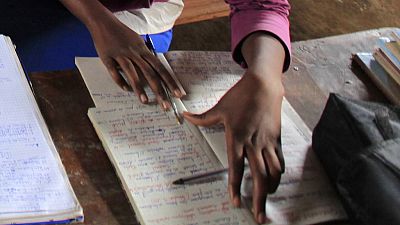


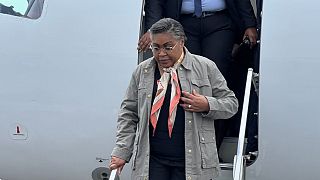

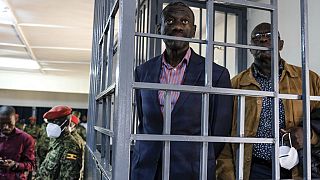
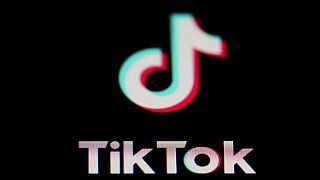
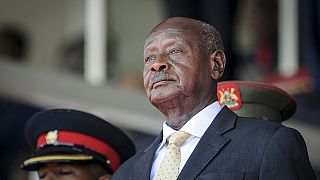
11:05
Africa's hight cost of climate change [Business Africa]
01:16
Kenya investigates alleged abduction in Nairobi of Uganda opposition figure
01:16
Ugandan opposition politician kidnapped and jailed, his wife says
01:48
Kung Fu gains popularity among young people in Kenya
02:19
Thousands of refugees in Uganda struggle to get by, amid cuts in humanitarian aid
01:41
Victims of Uganda’s Lord’s Resistance Army disappointed in sentence